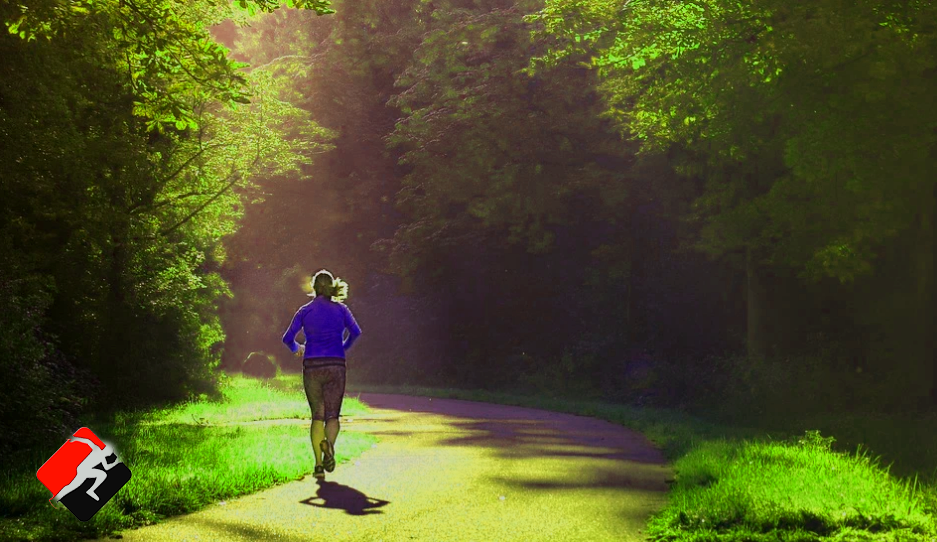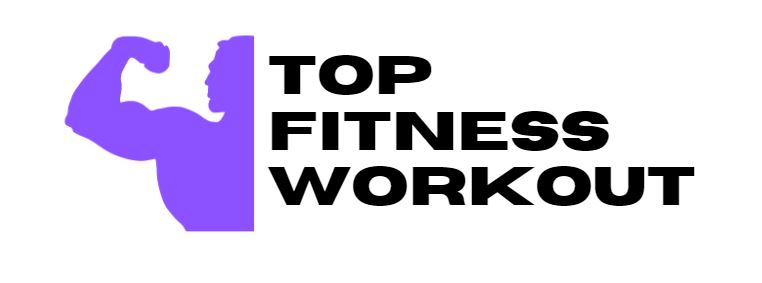Drinking and strolling ought to go together. Your body will lose water when you walk and you can wind up got dried out. In any case, it is likewise significant that you don't drink more than your body needs. Figure out how to a lot and what to drink previously, during, and after your strolling exercises.
 |
| How much water should you drink while walking |
Drinking Before a Walk
It's acceptable to be all around hydrated before a workout.
Breaking point Caffeine: Avoid jazzed refreshments before your walk. Charged refreshments cause you to lose liquid, making you more parched just as making you take awkward stops en route to pee.
Salt Before a Long Walk: Before long strolls, have a touch of additional salt with your feast or bite so you will have enough sodium to remain in balance.
Plan for More Water: Carry water with you or plan for water stops along the course where you will have the option to get a full beverage of some water like clockwork. A drinking fountain will be unable to convey enough water for you to get a full cup. Utilize a mobile water mini-computer graph to discover how much water you ought to be bringing to guarantee you have enough within reach.
Step by step instructions to Drink During Your Walk:
The fundamental dependable guideline is to drink some water at regular intervals, or roughly every mile. Here are rules on what and when to drink during exercise:
Water: For strolls of two hours or less, plain or enhanced water is the best beverage.
Electrolyte Sports Drinks or Salty Snacks During Long Walks: When your walk will be longer than two hours, a games drink or pungent nourishments, for example, pretzels can help with water retention in the body just as substitution of salt, in addition, to give sugars to energy.
Drink When Thirsty: The old standards of drinking before you were parched were thrown out in the mid-2000s. USA Track and Field and the International Marathon Medical Directors Association take the official position that walkers and sprinters should confide in their thirst instruments and drink when thirsty.
Take a Larger Drink: An intriguing investigation found that water and different liquids will be retained quicker on the off chance that you drink a cup or more at one time, rather than taking in water as little tastes over a significant stretch.
Drinking When Sweating: You are probably going to get parched all the more as often as possible when you are perspiring, so be set up to have more admittance to liquids when you realize you will perspire.
High Altitude and Weather Conditions: You lose much more liquids at high heights, in blistering conditions, and when the dampness is low, and you may need to drink more than expected. Once more, left thirst alone your guide, and drink when you feel parched.
Flavor Your Water: Make your water taste great so you will need to drink more. You can include a spurt of lemon or different flavorings for your water.
Drinking After Your Walk
At the point when you are finished working out, get done with a beverage.
Recharge: After your walk, end with another tall beverage of water
Electrolytes: After a long walk, don't exaggerate on plain water, use sports drinks, or potentially pungent nourishments to recharge salts too.
Indications of Dehydration:
In the event that you lose more water than you supplant, you may have these manifestations:
- Outrageous thirst
- Dim yellow pee or no pee
- Weakness
- Unsteadiness, turning gray out or swooning
- Dry skin, eyes, and mouth
Indications of Hyponatremia
On the off chance that you drink a lot of liquid (water or sports drink), you can wind up weakening your blood sodium. This is a typical issue of more slow sprinters and walkers at races.
- Queasiness
- Migraine
- Weakness
- Muscle issues and fits
Drink Pure, Clean Water
You needn't bother with any extraordinary sort of water to remain appropriately hydrated.
- Faucet water from metropolitan water flexibly in the U.S. or on the other hand Canada is completely fine for most purposes.
- A few walkers favor the flavor of sifted or creator water. Make certain to spotless and dry single-use bottles before topping off them.
- Try not to drink water from a lake or stream except if you channel or filter it. In numerous spots, there are terrible parasites, for example, giardia lamblia and cryptosporidium in the "untainted" mountain streams. The water is normally defiled by squirrels and other little creatures.

Post a Comment